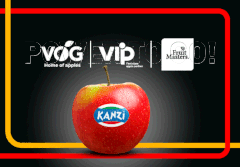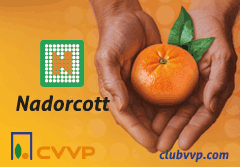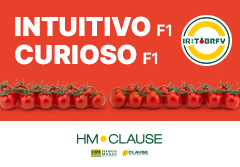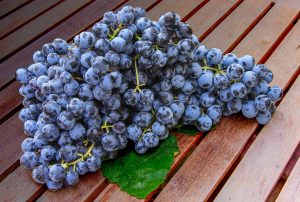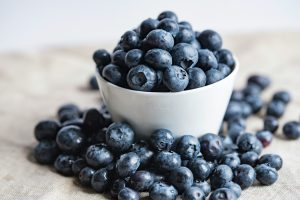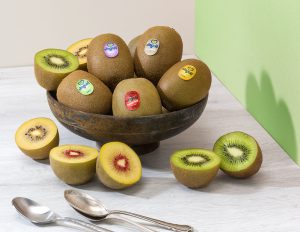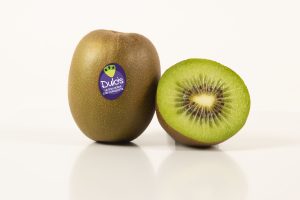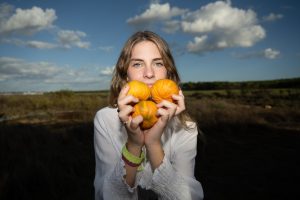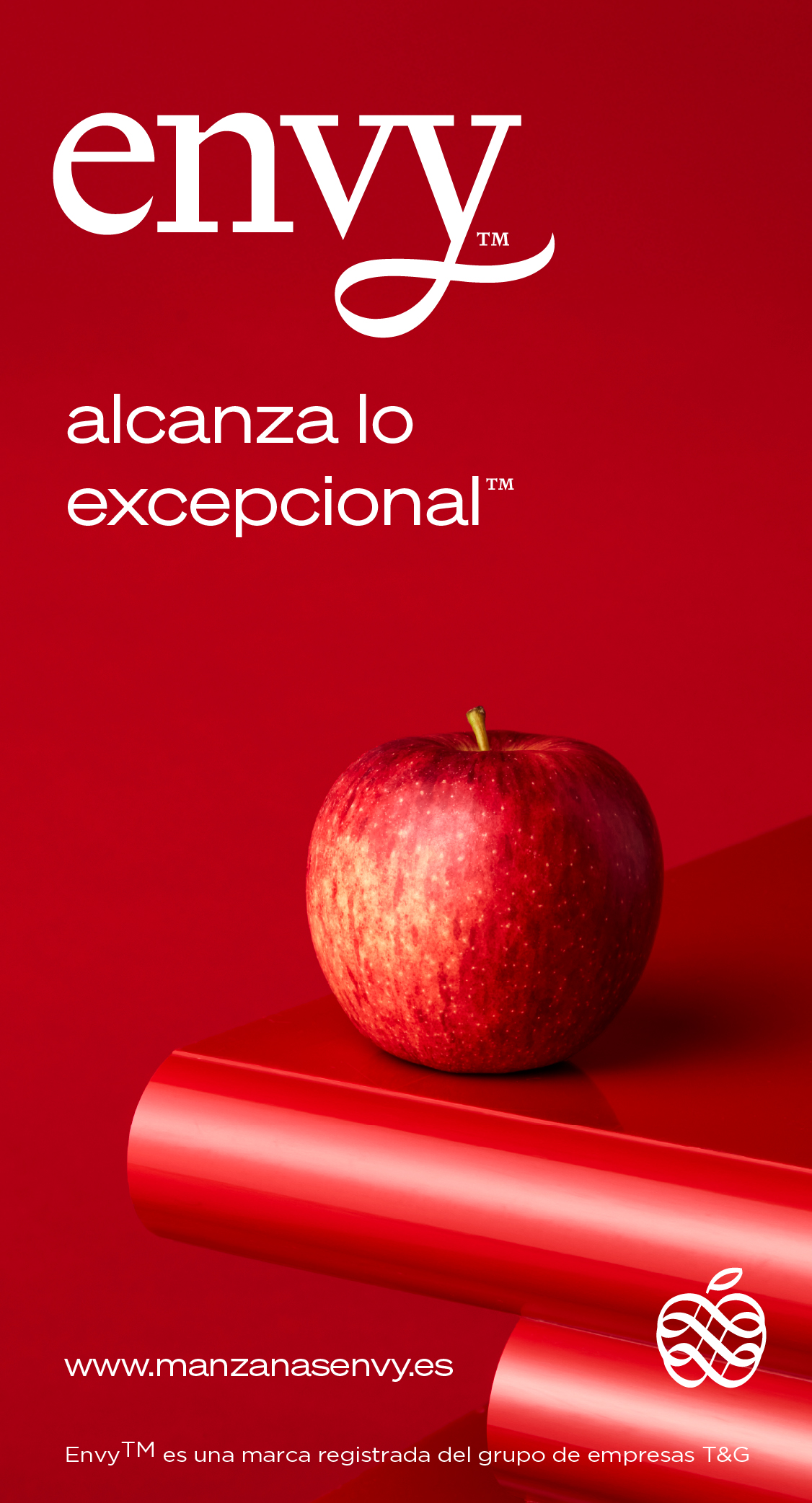Today, the Lorenzo Carrasco Group is undergoing a phase of strategic renewal in its commercial teams, while strengthening its expansion in key products such as Chilean Ercolina pears, Peruvian mandarins, and imported grapes.
“We have always been a company with very low staff turnover. Our people have grown with us and retired with us. But now we’re in a process of commercial regeneration that affects both management and the sales team,” explains Commercial Director Lorenzo Carrasco.
Dica has opted for a business model focused on specialising in specific product categories. “We are developing strongly in products like Chilean Ercolina pears, imported vine tomatoes, overseas cherries, or Peruvian mandarins, which we source directly from the country’s largest producer,” notes the executive. The company has doubled its volumes of varieties such as Orri and Nadorcott in the past year, demonstrating its ability to anticipate distribution needs and respond with a differentiated product.
The same logic applies to imported grapes—another key pillar of Dica’s catalogue—as well as papayas, a product that has seen spectacular growth in the most recent campaign.
Air-flown flavour
One of its biggest commitments has been the importation of tropical fruit by air, especially Colombian papayas and mangoes. Unlike traditional maritime logistics, air-flown fruit guarantees far superior organoleptic quality. “The difference in flavour, texture, and ripeness is so evident that it has changed consumer perception. Air-flown produce builds loyalty because it offers a better consumption experience,” states the Commercial Director.
RELATED NEWS: Central Dica is portraying a future full of growth and expansion
Although air transport was once questioned due to its environmental impact, market developments and consumer demands for flavour have pushed that debate into the background. Today, supermarket shelves are filled with papayas and mangoes that—thanks to air transport—have shed their reputation as bland fruits and become produce with true identity.
Stability and control: keys to today’s market
Unlike in previous years, sales at Mercabarna are experiencing a period of greater stability. The melon, watermelon, and stone fruit campaigns have been marked by more limited supply, which has allowed for a better balance between volume and price. “We’re no longer seeing those damaging ups and downs for producers. Now prices are more stable, volumes are much more controlled, and that gives the market more strength,” the director summarises.
From Cádiz to the world
In addition to its import business, Dica also has its own production in the Cádiz area, at the “La Pequeña Holanda” farm. There, they grow cauliflower, broccoli, parsnip, sweet potato, and carrot, complementing their year-round offering.
Direct exports represent only 15–20% of their volume. The company distinguishes between active sales—shipping to Africa, Asia, or the Emirates—and passive exports, which are generated by European buyers who come directly to Mercabarna.
Additionally, Dica is strengthening its presence in Madrid, where it has operated since 2006 and has just completed a major refurbishment of its facilities, underscoring its commitment to modernisation and customer proximity.








